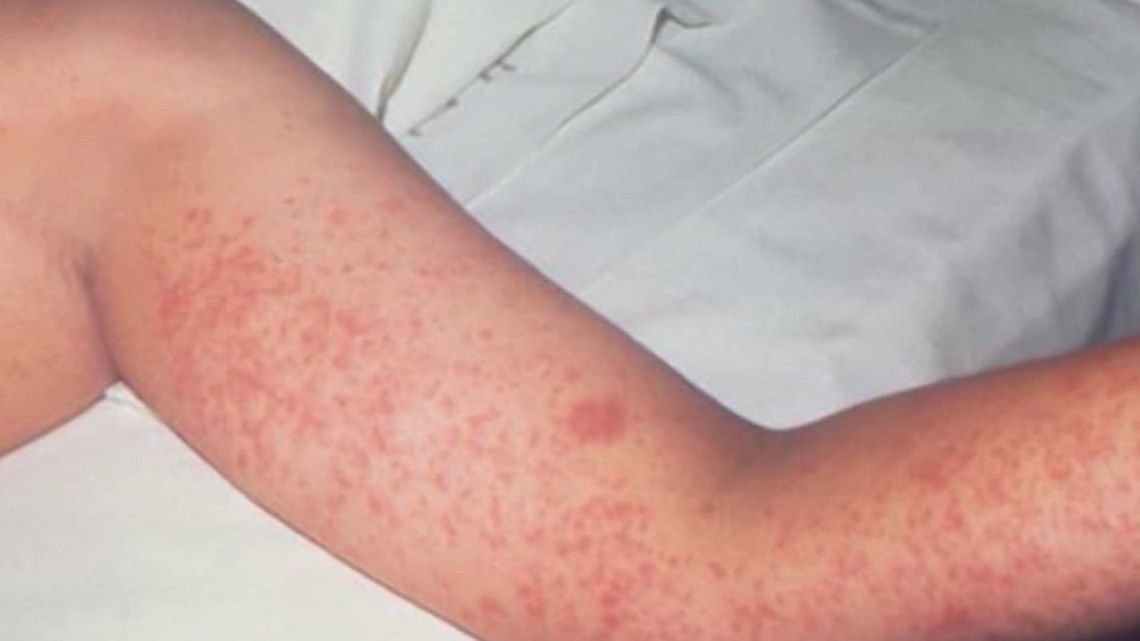
Public health experts declare the end of an outbreak after 42 days — twice the maximum incubation period for measles — without any new cases.
AUSTIN, Texas — State health officials said this year’s measles outbreak centered in West Texas has officially ended, marking 42 days since the last reported case.
The Texas Department of State Health Services (DSHS) confirmed 762 cases of measles since the outbreak began in late January. More than two-thirds of those infected were children. Ninety-nine people were hospitalized, and two school-aged children died.
Public health experts declare an outbreak over after 42 days — twice the maximum incubation period for measles — without any new cases. While the dashboard tracking the outbreak will no longer be updated, officials stress the threat of measles has not disappeared.
“I want to highlight the tireless work of the public health professionals across the state who contributed to the containment of one of the most contagious viruses,” DSHS Commissioner Dr. Jennifer A. Shuford said. “We arrived at this point through a comprehensive outbreak response that included testing, vaccination, disease monitoring and educating the public.”
Measles is a highly contagious respiratory illness that spreads through direct contact or airborne particles when an infected person coughs, sneezes or breathes. Early symptoms include fever, cough, runny nose and watery eyes, typically followed by a rash that spreads across the body. In children, one in five may require hospital care, and about one in 20 may develop pneumonia. Rare cases can lead to brain swelling, pregnancy complications or death.
Health officials said there’s a strong possibility of new cases in Texas this year, given active measles outbreaks across North America and globally. Providers are urged to stay alert and test patients who show symptoms.
The best protection remains vaccination. Two doses of the measles-mumps-rubella (MMR) vaccine prevent more than 97 percent of cases. Children are recommended to receive one dose at 12 to 15 months old and a second dose between ages 4 and 6. While vaccinated people can occasionally get measles, their illness is typically milder and less likely to spread.
DSHS advises anyone who thinks they have measles or may have been exposed to contact their health care provider before arriving in person, to avoid infecting others.
Got a news tip or story idea? Text it to us at 713-526-1111.
